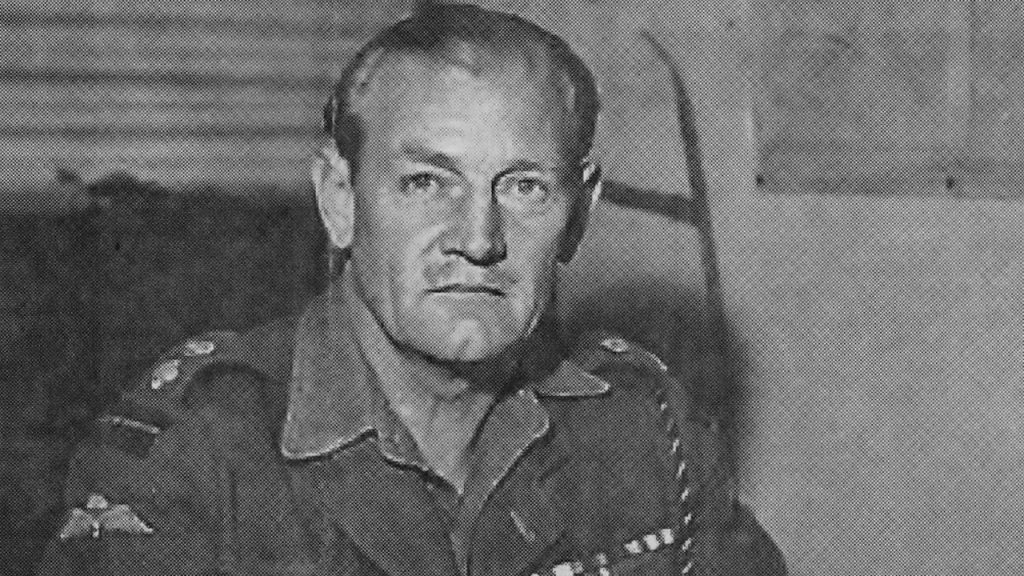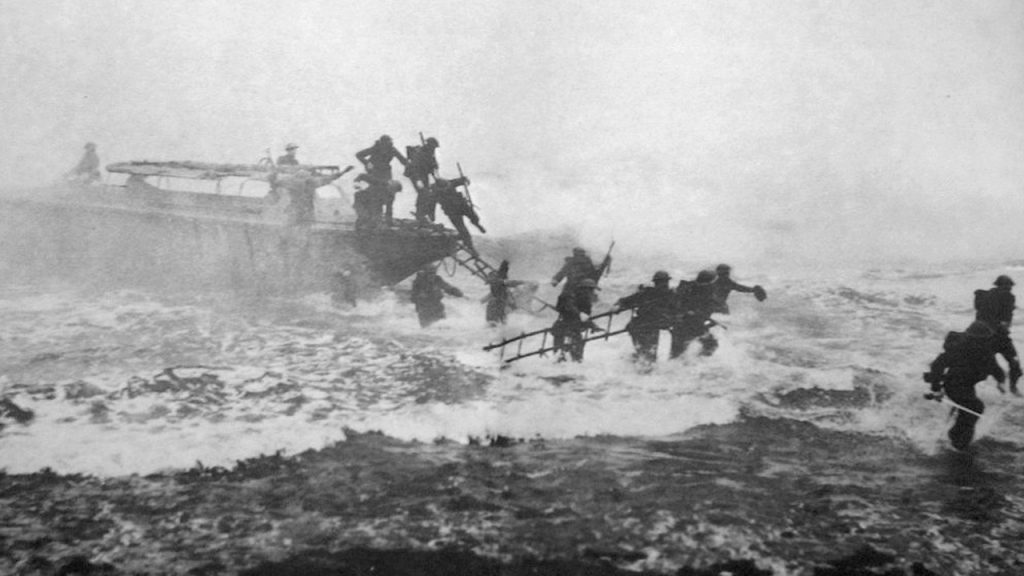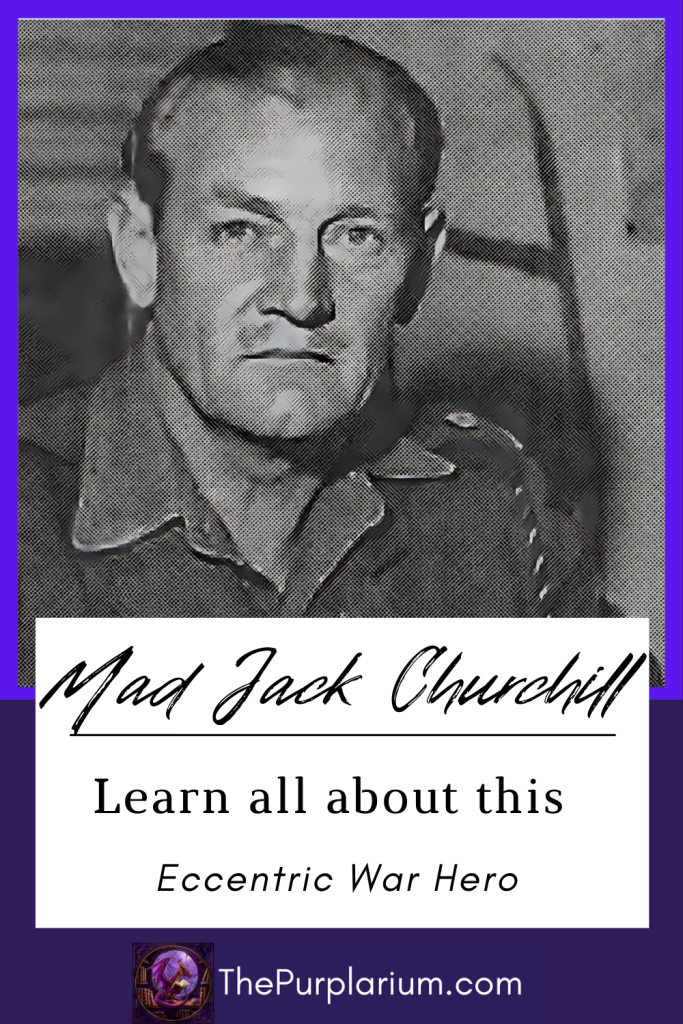Jack Churchill, also known as “Fighting Jack Churchill” and “Mad Jack,” is one of the most colorful and unconventional figures of World War II. Known for his bravery, eccentricity, and unique approach to warfare, he remains a symbol of British spirit and resilience. Here’s a closer look at the man behind the legend.

Early Life and Military Career
John Malcolm Thorpe Fleming Churchill was born on September 16, 1906, in Surrey, England. He graduated from the Royal Military Academy at Sandhurst and was commissioned into the Manchester Regiment in 1926. After leaving the army in 1936, he worked as a newspaper editor and even had a brief acting career, appearing in films such as “A Yank at Oxford”.
World War II: Unconventional Warfare
When World War II broke out, Churchill rejoined the army. He quickly became known for his unorthodox and daring tactics. Here are some of the most remarkable aspects of his wartime exploits:
Armed with a Longbow and Broadsword
Unlike his contemporaries, Churchill often went into battle armed with a longbow, Scottish broadsword, and bagpipes. He is famous for his assertion, “Any officer who goes into action without his sword is improperly dressed.” His use of these ancient weapons was not just for show; during the Dunkirk evacuation, he reportedly killed a German soldier with his longbow, making it one of the last recorded instances of such a weapon being used in combat.
Leading the Commandos

Churchill joined the Commandos, an elite special forces unit, and participated in several key operations. During the raid on the Norwegian island of Vågsøy in December 1941, he led his men ashore playing the bagpipes, then threw a grenade before charging into battle with his sword. His bravery and leadership earned him the Military Cross and Bar.
Capture and Escape
In 1944, during a mission in Yugoslavia, Churchill’s unit was overwhelmed by German forces, and he was captured. He was sent to Sachsenhausen concentration camp but managed to escape, only to be recaptured near the Baltic coast. Eventually, he was liberated by American forces at the end of the war.
Post-War Life
After the war, Churchill continued to serve in the military. He qualified as a parachutist and transferred to the Seaforth Highlanders. He later served in Palestine and, in a typically unconventional manner, reportedly prevented an Arab-Jewish conflict by using his bagpipes to play a tune that both sides recognized.
Churchill retired from the army in 1959 but remained active in various pursuits, including sailing and surfing. He passed away on March 8, 1996, at the age of 89.

Legacy
Mad Jack Churchill’s story is a testament to individuality and bravery. His unconventional methods and fearless approach to combat have made him a legendary figure in military history. His legacy lives on as a symbol of courage, eccentricity, and the indomitable spirit of the human soul.
